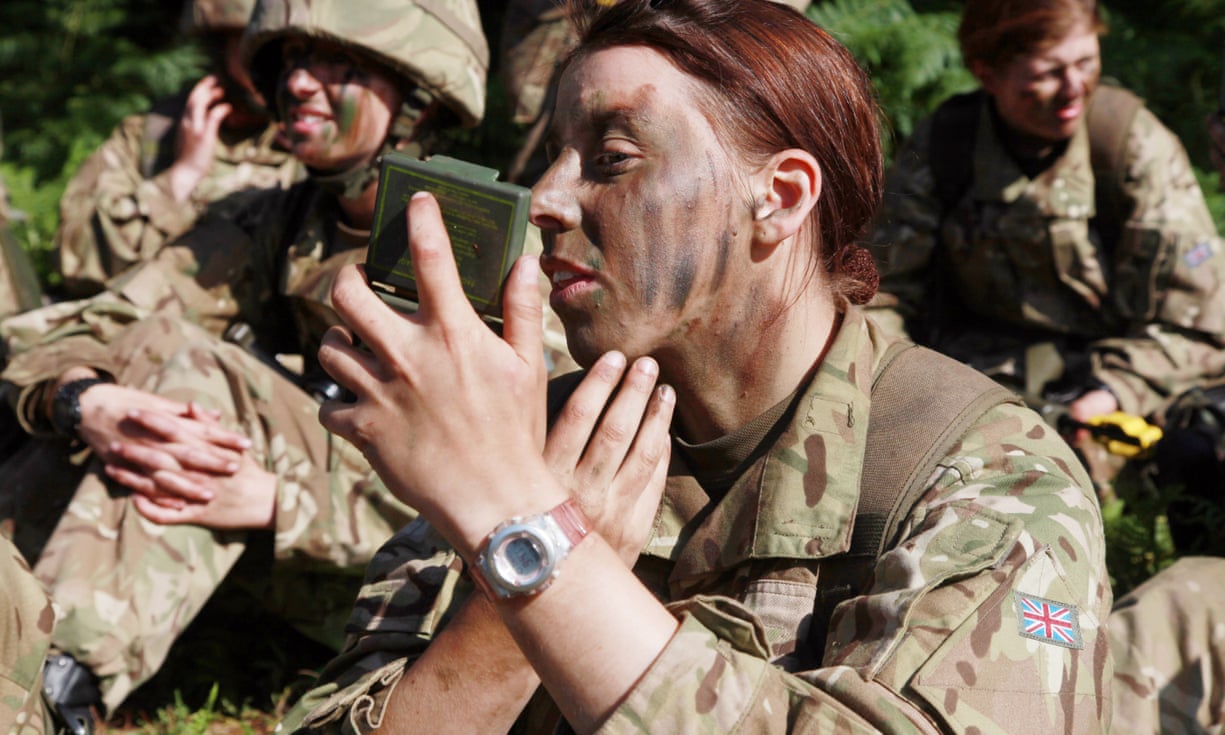First came the research. Then the fumbling attempts to write it up - the embarrassing first drafts and the constant editing.
Then there were the rejection slips and the decision that, even if the mainstream didn't want to tell the story of a professional woman navigating her way through WW1, her tale had to be told - it represented the tales of so many other women who were also in danger of being omitted from the centenary commemorations.
So today, 100 years after the most important centenary of her war, The Mystery of Isabella and the String of Beads: A Woman Doctor in WW1 is available on Amazon or can be ordered through all good bookshops.
A great read, highly recommended! https://t.co/ESyXgVK0xz— Marina Maxwell (@OfArbeia) July 22, 2016




